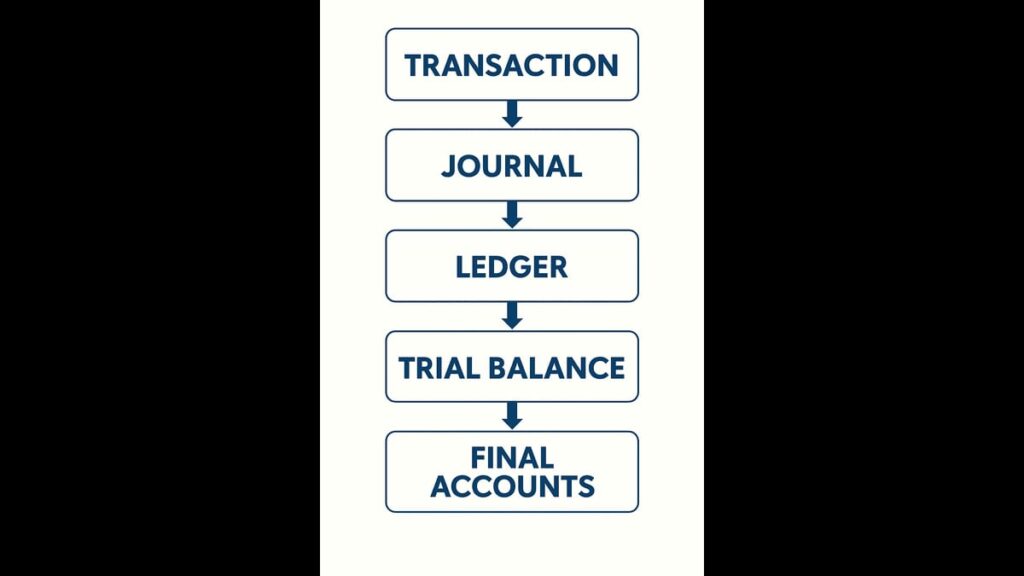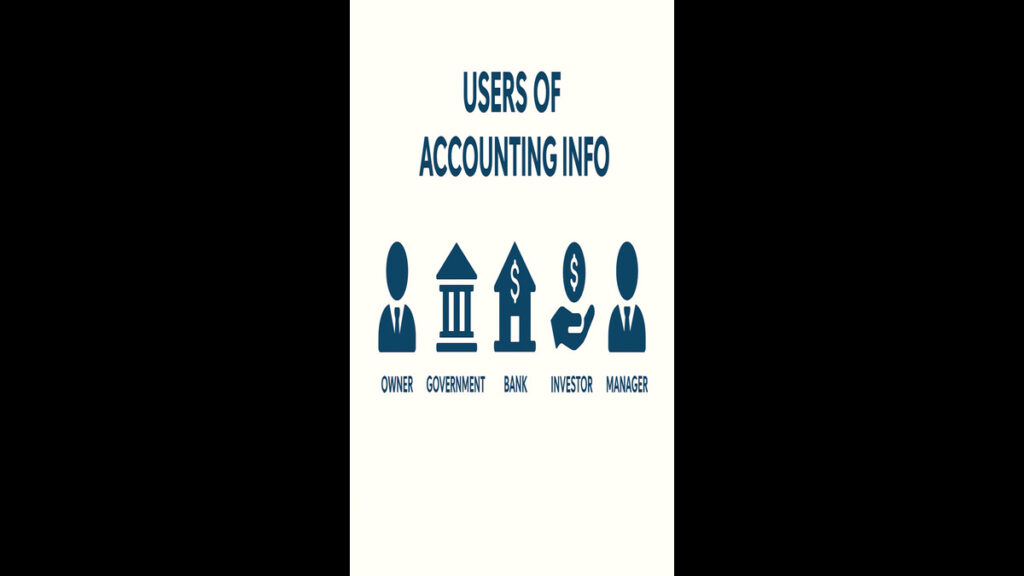(Perfect for FYBCom, B.Com, M.Com, BBA, BBM, MBA, PGD & UGC NET/SET Students)

🧾 Introduction: Why Should You Learn Financial Accounting?
If you’re a commerce student, Financial Accounting is like your ABCD of business studies.
Before learning GST, Audit, or Costing — you must know how to record basic transactions.
Whether you’re in FYBCom, doing M.Com or MBA, or preparing for NET/SET Commerce, financial accounting forms the foundation of your entire commerce education.
This blog will help you clearly understand:
- ✅ What is Financial Accounting?
- ✅ What are its key features?
- ✅ Why is it important for students & businesses?
📌 Meaning of Financial Accounting
Financial Accounting is the systematic process of recording all the financial transactions of a business in a structured and understandable manner.
It involves:
- ✍️ Recording transactions (like cash received, goods sold, salaries paid)
- 📚 Classifying them into various accounts (like Cash A/c, Sales A/c, Salary A/c)
- 🧮 Summarizing into final accounts (like Profit & Loss Account and Balance Sheet)
- 📢 Reporting results to owners, managers, investors, and government
📖 Example:
If a business sells goods for ₹10,000 cash, financial accounting ensures this is recorded properly in the Sales A/c and Cash A/c.

🎯 Features of Financial Accounting (Easy to Remember)
These are the most important points every student must understand:
- 📒 Records Historical Data
- It only records transactions that have already happened.
- 💵 Only Monetary Items Are Recorded
- You can’t record employee motivation, only salary paid.
- 🔁 Based on Double Entry System
- Every transaction affects two accounts – Debit and Credit.
- 📄 Follows Accounting Standards
- Governed by GAAP (Generally Accepted Accounting Principles) and AS (Accounting Standards)
- 🧾 Summarizes in Standard Reports
- Produces Trading Account, Profit & Loss Account, and Balance Sheet.
- 📊 Helps in Analysis & Decision Making
- Based on records, a business can decide whether to invest, expand, or cut costs.
🔎 Importance of Financial Accounting for Students
Why is this subject so important? Here’s how it helps:
✅ For Students:
- Makes concepts of advanced subjects (Taxation, Audit, Costing) easy to understand
- Frequently asked in FYBCom internal and university exams
- Appears in NET/SET Commerce MCQs
✅ For Businesses:
- Tracks income, expenses, and profit/loss
- Helps in taxation and government compliance
- Shows financial position to outsiders like banks and investors
- Used during auditing and legal assessments

📝 Let’s Simplify with a Real-Life Example
🎓 Imagine you’re running a small online bookshop:
You bought books worth ₹20,000 and sold them for ₹30,000. You paid ₹2,000 as rent.
In accounting terms:
- 📥 Purchases → ₹20,000 → Debited
- 📤 Sales → ₹30,000 → Credited
- 🧾 Rent → ₹2,000 → Debited
You earned a net profit of ₹8,000 (₹30,000 – ₹20,000 – ₹2,000).
Financial accounting will help you calculate and record all this properly.
🎓 Quick Exam Tip: How to Remember?
📌 Always remember the Accounting Process:
Transaction → Journal → Ledger → Trial Balance → Final Accounts
Make a chart in your notes. This is the most repeated question in internal exams and university papers.
🧠 Conclusion
Financial Accounting is not just a subject — it’s the language of business.
As a B.Com or PG student, you must understand:
- How transactions are recorded,
- How profit/loss is calculated,
- And how a business shows its financial position.
This subject is not only scoring but also forms the base of your future career in commerce — whether as a CA, CFO, accountant, or professor.
📩 Don’t forget to share this with your classmates & bookmark it for quick revision before exams!
